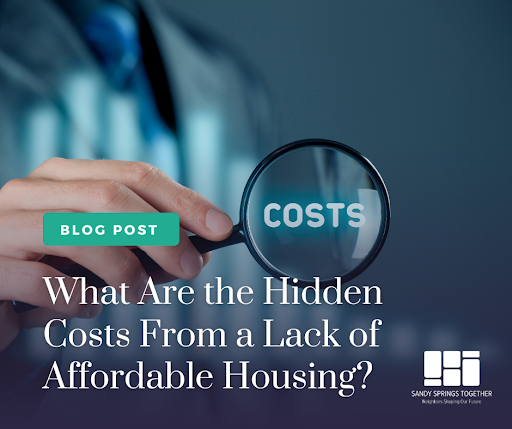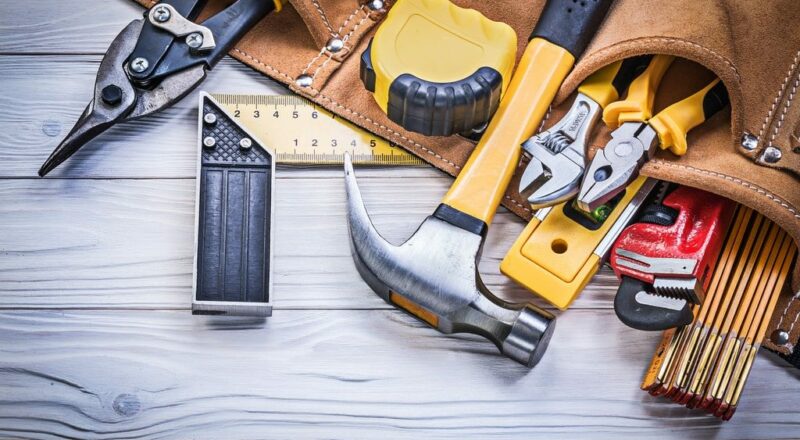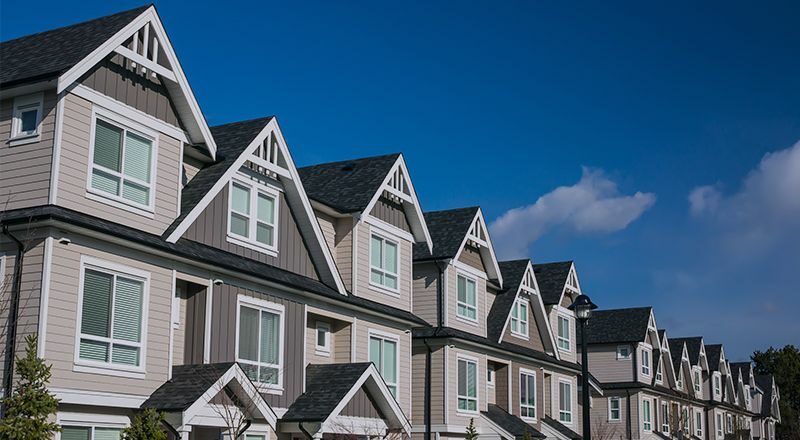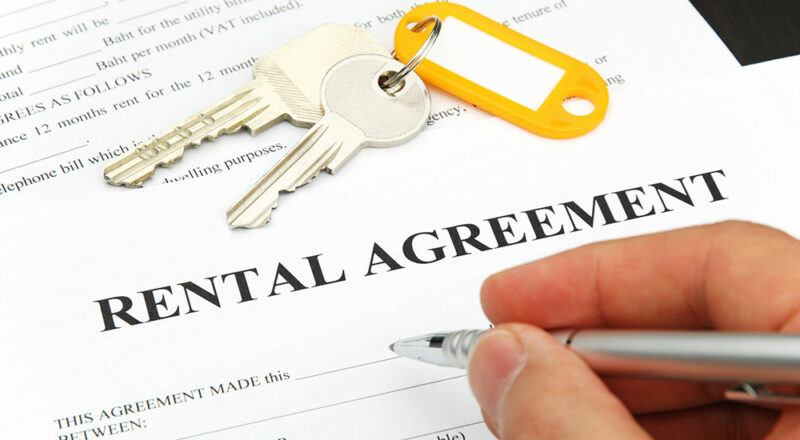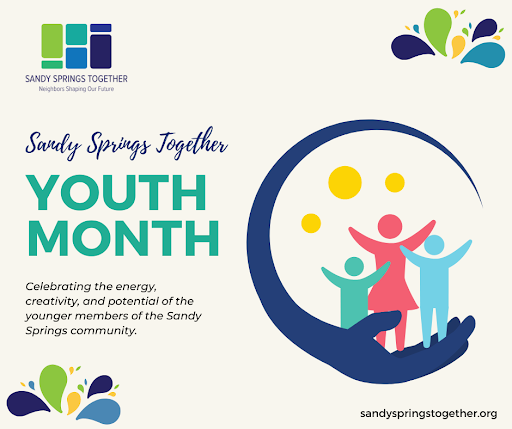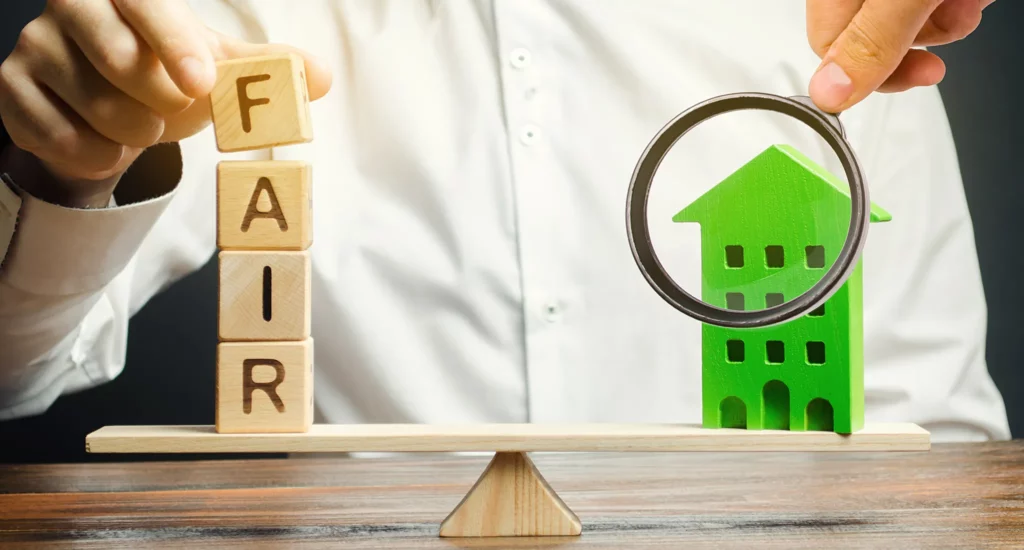
The lack of affordable homes impacts our community in many ways. From poor healthcare to education accessibility issues, there are significant hidden costs associated with a lack of affordable housing.
Some leaders might believe that now is not the time to address the problem, but the issue of affordable housing has steadily gotten worse in Sandy Springs over the past five years. This issue is now taking its toll on Sandy Springs in multiple areas, from education to transportation. Below, we will examine how a lack of affordable housing impacts all of us .
Education
Findings provided by Habitat for Humanity show that the location and condition of a child’s home play a significant role in their physical, cognitive and emotional development and well-being. This, in turn, impacts their educational and social progress.
Low-income households tend to move at more than twice the rate of families with higher incomes, primarily because of their housing cost burden (spending more than 30% of their income on housing), structural and environmental housing problems, neighborhood violence or foreclosures and evictions.
Having to move frequently can significantly hinder a child’s progress in school, according to two recent studies. These studies found that children from low-income households who moved three times in a six-year span fell one full school year behind their peers. Students who moved even once during that timespan fell behind 4-6 months. This also impacts the overall performance of their schools, as research shows schools with highly mobile student body populations tend to underperform those with stable student body populations.
Sandy Springs public schools are not immune to the problem of having a high rate of transience. There is data which shows that enrollment in the 11 Fulton County Schools in Sandy Springs has decreased by 11% over the last 5 years and 22% since the 2014-2015 school year. This decline in enrollment is not due to families moving their children to private schools, because the data also reveals a 10% decrease in private school enrollment.
Families are leaving our city and new young families are not able to afford to move here.
Affordable housing promotes stability and improves educational outcomes through improved attendance, better cognitive and behavioral health and improved academic achievement.
Health
The Children’s HealthWatch organization, a research policy network based at Boston Medical Center, estimates that more than $110 billion in healthcare and education costs could be saved across the United States over the next 10 years if all families with children had access to stable housing.
This estimate is based on the projected cost of health-related care for mothers and children who have either experienced homelessness, moved two or more times or been behind on rent in the previous year. The direct costs linked to unstable housing include increased hospitalizations, ambulatory visits, dental procedures, mental health care for mothers and special education services for children.
Economic Strain
Communities with a shortage of affordable housing often face higher economic costs as well. Businesses may struggle to attract and retain employees who can’t afford to live nearby, leading to increased commuting times and transportation costs. This can reduce productivity and hinder economic growth.
Child Welfare
High housing costs also impact parents and their children when it comes to dealing with child welfare. According to an analysis by WABE and ProPublica, the Department of Family & Children Services (DFCS) reported “inadequate housing” as the sole reason for a child being removed from their living situation in more than 700 cases between fiscal years 2018 and 2022.
Having an ample supply of affordable places to live creates many economic benefits for communities but also aids in healthier communities, increased civic participation, increased public safety and a greater sense of community pride.
We appreciate you taking the time to learn more about how affordable housing shapes our community. In our next entry, we will review the key takeaways raised throughout this blog series and share actions that we can all take to help move our city forward.

